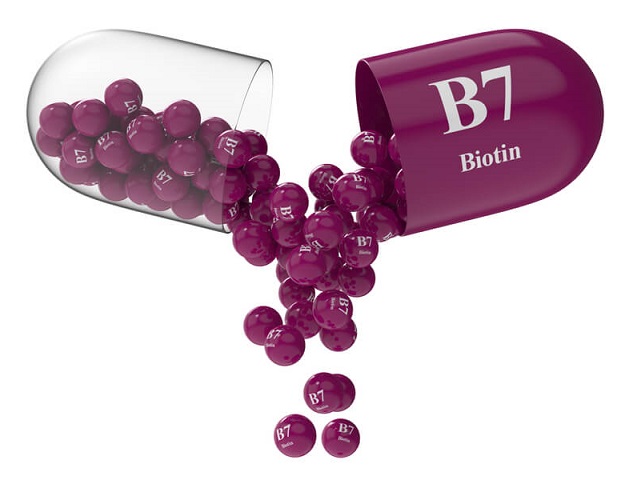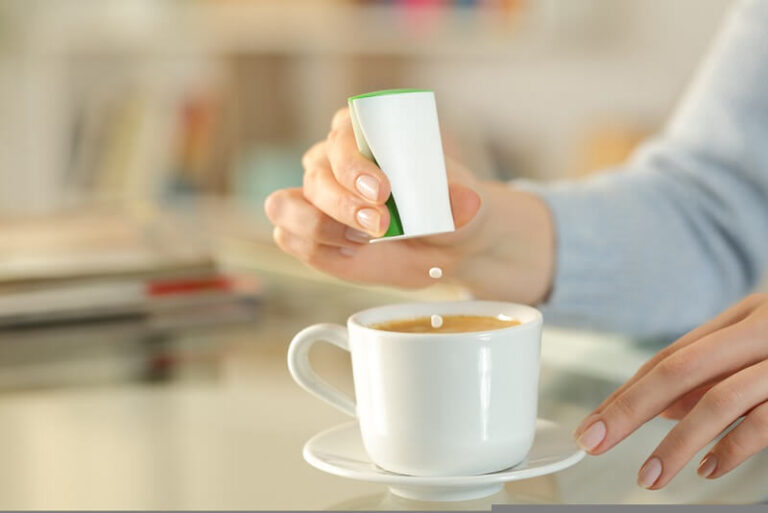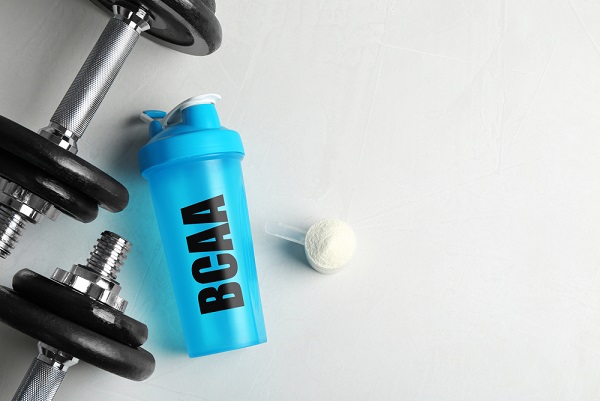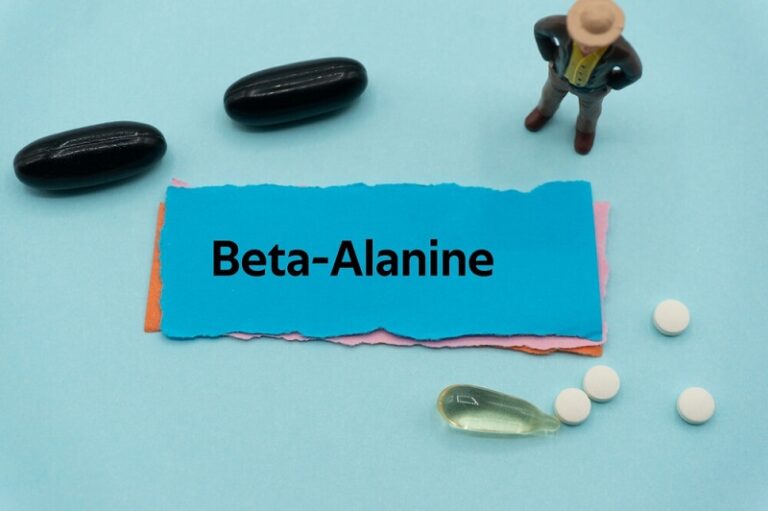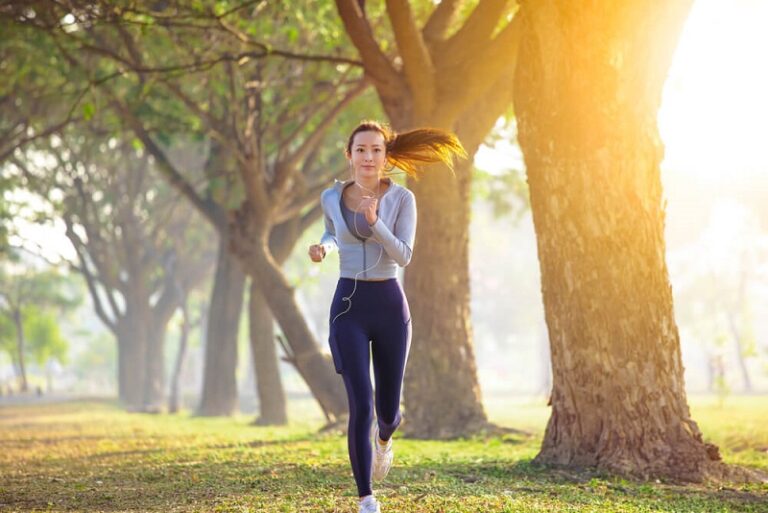What is Biotin?
Biotin is a water-soluble vitamin known (also known as vitamin H or B7) has gained attention for helping to grow hair and nails. The precise biotin indications and how does biotin promote hair growth are confirmed by a small number of trials. Biotinidase deficiency is rare however it has been seen. (1)
Biotin comes from B vitamin family, is a crucial ingredient that can be obtained as a dietary supplement or naturally in some foods. The five carboxylases that catalyze crucial processes in the metabolism of fatty acids, glucose, and amino acids each require this water-soluble vitamin as a cofactor. Additionally, biotin is essential for the histone modifications, gene regulation, and cell signaling processes. (2)
Although some dietary biotin occurs in the free form, the majority of biotin in foods is protein-bound. The protein-bound forms of ingested biotin are broken down by gastrointestinal proteases and peptidases into biocytin and biotin-oligopeptides, which are then further broken down by the enzyme biotinidase in the intestinal lumen to release free biotin. The majority of the free biotin is then retained in the liver after being absorbed in the small intestine. (3)
People who ingest a lot of raw egg whites may develop a biotin deficit. This is so because raw eggs contain a protein called avidin that prevents biotin absorption. People with inflammatory bowel disease or other disorders that alter the balance of intestinal bacteria may not be able to manufacture enough biotin because it is created in the intestines.
Your demand for biotin may be increased by cirrhosis, congenital biotin insufficiency (biotinidase deficiency), and excessive alcohol consumption. Biotin deficiency can also result from using a variety of drugs. Beta blockers, blood thinners, anticonvulsants, and retinoids are a few of these.
Does biotin help hair growth faster?
There isn’t enough solid data to back up the use of biotin to promote hair growth or stop hair loss in healthy individuals. Because a biotin shortage is occasionally linked to hair loss and poor hair growth, treating a deficiency can aid in restoring hair growth in some persons.
It may strengthen the hair and lessen shedding, according to numerous research. When combined with less shedding, stronger hair means fewer breakage, which can make your hair appear thicker or fuller even if you don’t actually experience any new growth. (4)
You should start noticing an improvement after beginning a biotin supplement regimen in around three to four months. Depending on the type and dosage of biotin you’re taking, your results may vary.
Healthy hair goes through three stages: a growth stage (which can last for years), a brief pre-stage, and a resting period that lasts for a few months. Hair generally sheds when the resting phase is over, and the cycle then resumes. Stress is one of the most frequent causes of excessive hair loss, especially in younger women. This may explain why you start losing hair before the age of 30 and years before menopause, however stress may not be the only culprit.
What is the recommended dosage of biotin?
Depending on the situation, intake recommendations for biotin range from 35-70 mcg daily. The usage of biotin, for instance, may be reasonable and necessary for a lactating woman due to the increased demand for nutrients, even though there is no daily requirement. When the mother is pregnant, the fetus needs biotin for normal development. The most frequent way to administer biotin is orally, although it can also be given intravenously (IV) if necessary. The U.S. Food and Drug Delivery does not therefore advocate everyday use, but when it does, oral administration is typically the recommended method. Instances with a symptomatic and obvious biotin deficit should use the IV form.
Best time to take biotin is with your morning meal. The water-soluble nature of biotin will ensure that your body is absorbing it with the other nutrients in your meal.
Is 10,000 mcg biotin too much?
Given that no side effects have been reported thus far, 10,000 mcg is a safe dosage. Fortunately, even “mega dosages” of 300,000 mcg in neurological study showed no negative side effects.
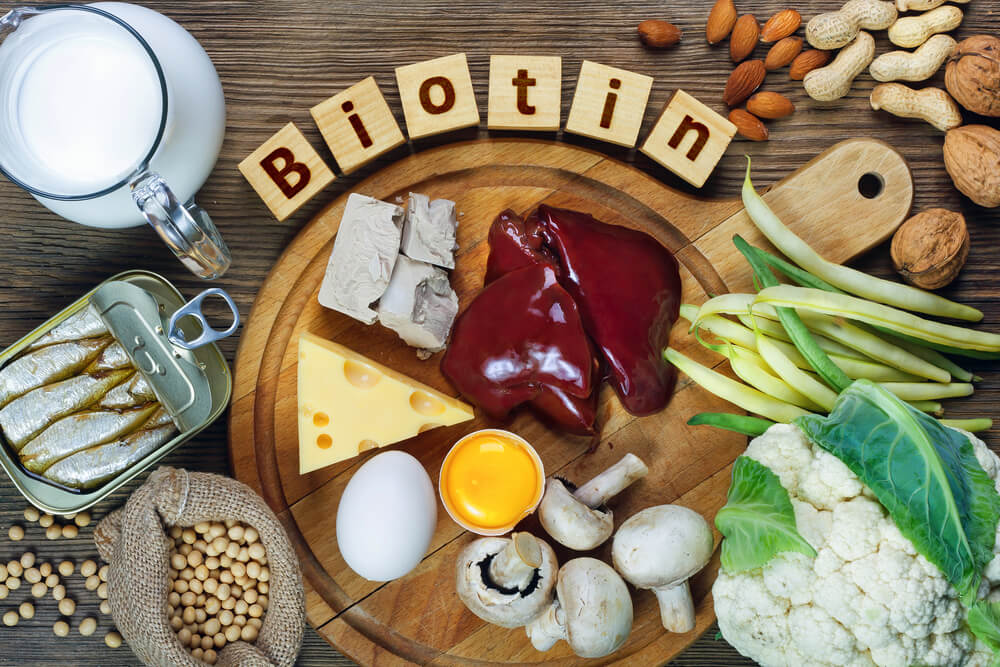
Foods That Contain Biotin
Organ meats, eggs, fish, meat, seeds, nuts, and some vegetables (such sweet potatoes) are among the foods that are highest in biotin. The biotin level of food can vary, for instance, plant variety, season, and some food processing methods (like canning) might change the biotin content of cereal grains. The Daily value for biotin is 30 mcg for adults and children age 4 years and older.
Chart of top 8 foods that contain biotin (5)
| Food | mcg Per Serving | Daily Value % |
|---|---|---|
| Beef liver, cooked, 3 ounces | 30.8 | 103 |
| Egg, whole, cooked | 10 | 33 |
| Salmon, pink, canned in water, 3 ounces | 5 | 17 |
| Pork chop, cooked, 3 ounces | 3.8 | 13 |
| Hamburger patty, cooked, 3 ounces | 3.8 | 13 |
| Sunflower seeds, roasted, ¼ cup | 2.6 | 9 |
| Sweet potato, cooked, ½ cup | 2.4 | 8 |
| Almonds, roasted, ¼ cup | 1.5 | 5 |
Biotin Side Effects
In several studies, biotin doses up to 200 mg/day taken orally or 20 mg/day injected intravenously had no negative effects on patients. Smoking also speeds up the metabolism of biotin, therefore if the patient smokes, higher doses may be necessary. There have not been any injuries associated with consuming too much biotin. (6)
Skin rashes, hair loss, and brittle nails are indications of biotin insufficiency. As a result, biotin tablets are frequently recommended for healthy hair, skin, and nails. These assertions, however, are only marginally supported by a few case reports and small studies. (7)
Since biotin is a water-soluble vitamin, it rarely accumulates in excess in the body and when it does, it is eliminated through the urine. A biotin overdose may show signs and symptoms such as increased thirst, urination, and sleepiness. Given that biotin has been shown to have a role in postprandial glucose regulation, it is important to note that an excessive amount could result in hyperglycemia-related symptoms, such as increased thirst, in diabetic individuals. It would be extremely difficult, if not impossible, to consume too much biotin. (8) (9)
Can biotin cause a rash?
Yes, those who are sensitive to the B vitamin or other substances may have skin irritation and rashes after using a biotin treatment or taking a supplement. A skin rash may develop as a result of taking too much biotin.
Recommended For You

